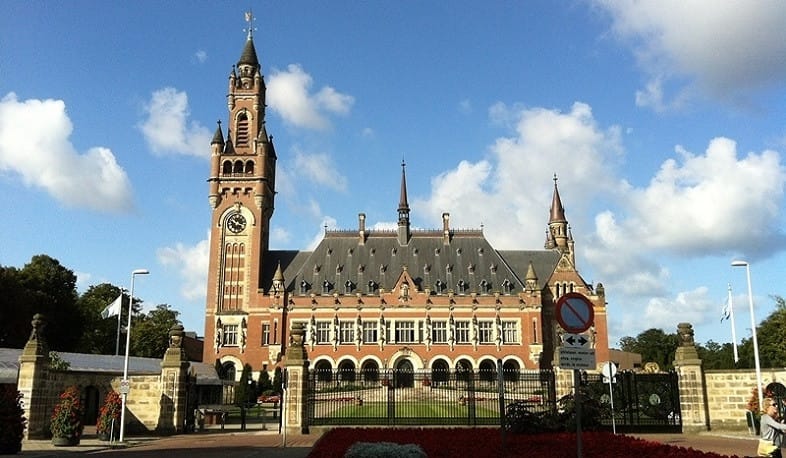Azerbaijan’s attempt to link the Energy Charter Treaty with the Artsakh (Nagorno-Karabakh) conflict highlights its strategy to leverage international legal frameworks to advance political narratives. According to Armenia’s Office of the Representative for International Legal Matters, this arbitration case, managed by the Permanent Court of Arbitration, alleges that Armenia violated Azerbaijan’s sovereign rights over energy resources.
Azerbaijan’s submission of a comprehensive claim follows the procedural steps of an arbitration case initiated in February 2023. However, the tribunal must first confirm its jurisdiction. If jurisdiction is denied, the case will not proceed further.
The Energy Charter aims to promote stable investments and energy trade. Armenia argues that Azerbaijan’s attempt to associate it with the Nagorno-Karabakh conflict distorts its fundamental purpose. Armenia views this as a unilateral interpretation by Baku.
Armenia plans to present its objections and legal arguments in the coming phases. The case is still in its preliminary stages, and Armenian representatives emphasize their readiness to respond in line with international law.
Recent rulings from the International Court of Justice, where Azerbaijan faced setbacks, may explain Baku’s renewed attempts to frame its legal actions under different narratives. This reflects Azerbaijan’s broader strategy to redirect attention from unfavorable rulings.
Azerbaijan’s arbitration case reflects an ongoing effort to introduce the Artsakh (Nagorno-Karabakh) conflict into the realm of international legal disputes. Such cases not only impact the legal positions of the parties but also influence the geopolitical dynamics in the region.
Conclusion
Azerbaijan’s arbitration claim to the Permanent Court of Arbitration is seen by Armenia as another attempt to manipulate international legal documents for political purposes. Armenia remains prepared to defend its position and present its legal case in alignment with international law.









